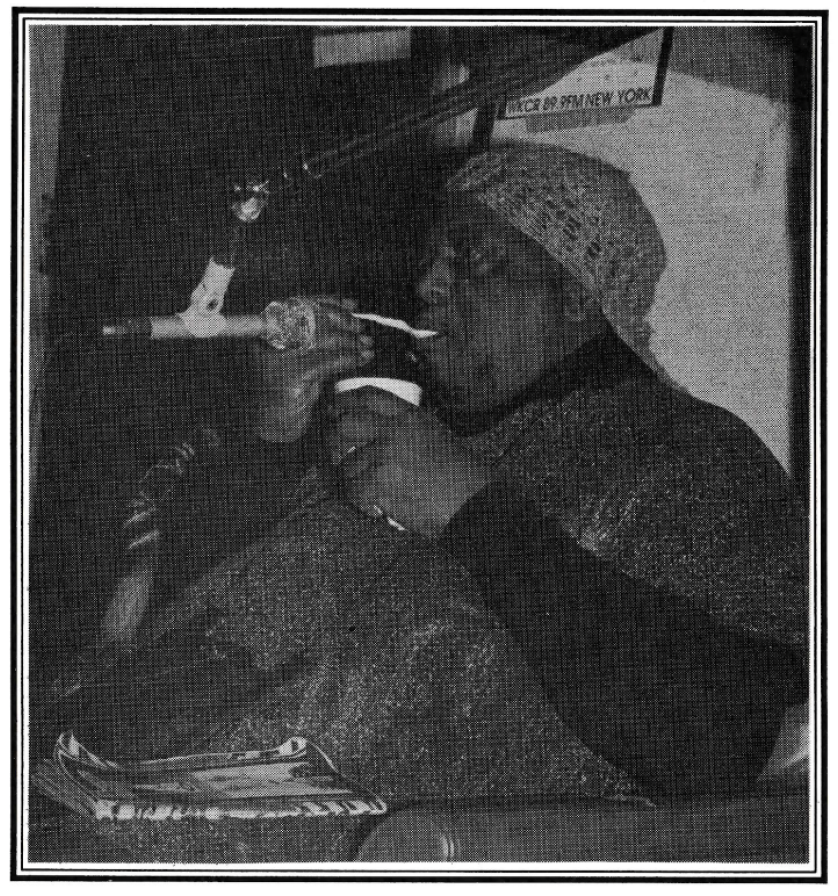
Saturday, March 10, 2018 - 12:00am to 11:59pm
Join WKCR as we celebrate the birthday of Bix Beiderbecke from 12:00 am to 11:59 epm ET on Saturday, March 10, 2018. Leon Bismark “Bix” Beiderbecke (March 10, 1903 - August 6, 1931) was an American jazz cornetist, jazz pianist and composer. With Louis Armstrong and Muggsy Spanier, Beiderbecke was one of the most influential jazz soloists of the 1920s. His turns on “Singin’ the Blues” and “I’m Coming, Virginia” (both 1927) particularly exemplified his unusual purity of tone and a gift for improvisation. With these two recordings, he helped to invent the jazz ballad style and hinted at what would come to be known as “cool jazz” in the 1950s.
A native of Davenport, Iowa, Beiderbecke taught himself to play cornet largely by ear, leading him to adopt a non-standard fingering some critics have connected to his original sound. He first recorded with Midwestern jazz ensembles, The Wolverines and The Bucktown Five in 1924, after which he played briefly for the Detroit-based Jean Goldkette Orchestra before joining Frankie “Tram” Trumbauer for an extended gig at the Arcadia Ballroom in St. Louis. Beiderbecke and Trumbauer joined Goldkette in 1926. The band toured widely and famously played a set opposite Fletcher Henderson at the Roseland Ballroom in New York City in October 1926. In 1928, Trumbauer and Beiderbecke left Detroit to join the best-known dance orchestra in the country: the New York-based Paul Whiteman Orchestra.
Beiderbecke’s most influential recordings date from his time with Goldkette and Whiteman, although they were generally recorded under his own name or Trumbauer’s. The Whiteman period also marked a precipitous decline in Beiderbecke’s health, brought on by the demand of the bandleader’s relentless touring and recording schedule in combination with Beiderbecke’s persistent alcoholism. A few stints in rehabilitation centers, as well as the support of Whiteman and the Beiderbecke family in Davenport, did not check Beiderbecke’s decline in health. He left the Whiteman band in 1930 and the following summer died in his Queens apartment at the age of 28.
